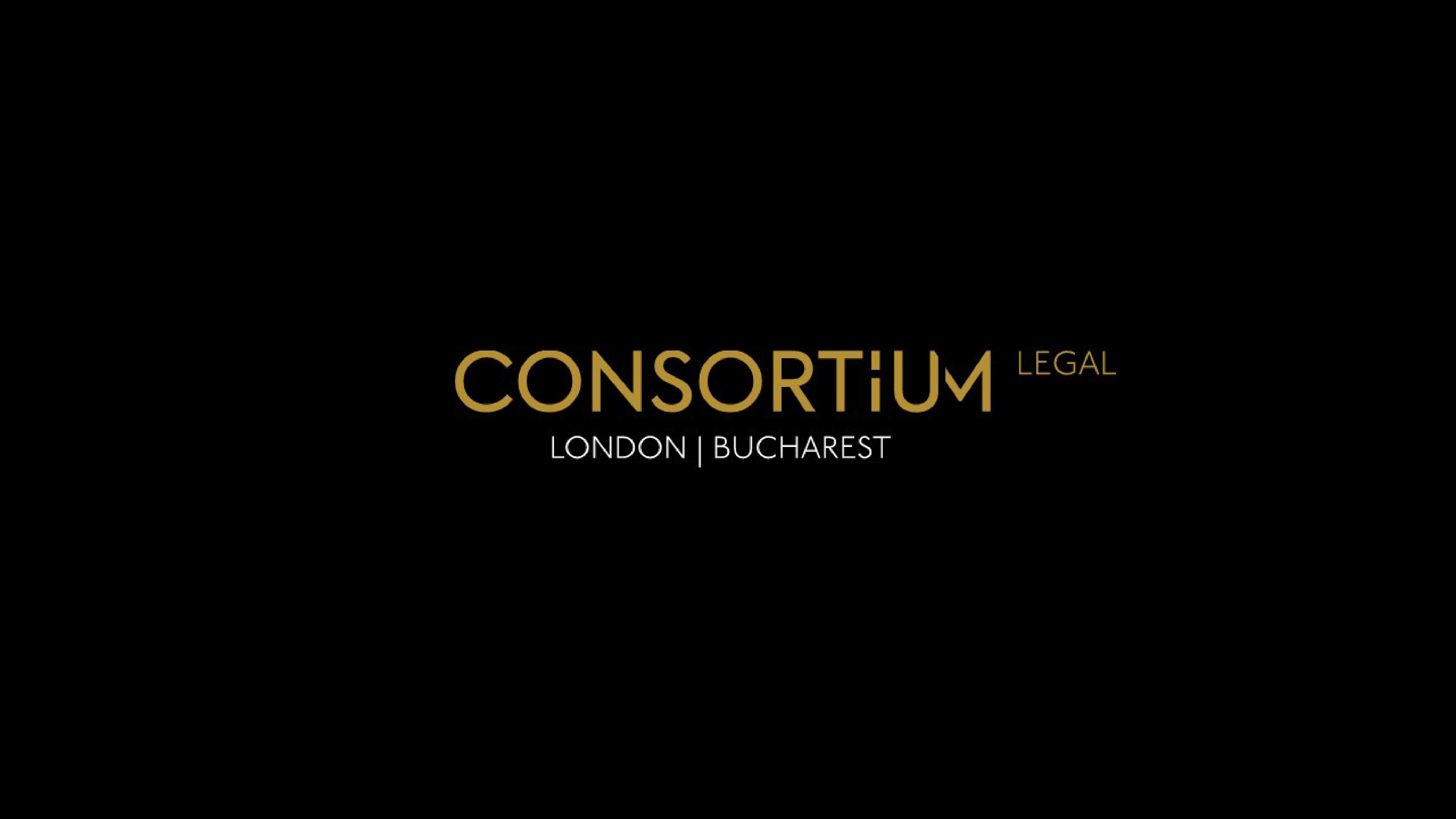Best Wrongful Termination Lawyers in London
Share your needs with us, get contacted by law firms.
Free. Takes 2 min.
List of the best lawyers in London, United Kingdom
About Wrongful Termination Law in London, United Kingdom
In the UK, wrongful termination, also known as unfair dismissal, refers to an event where an employee is dismissed from their position without valid reason, or without the employer exercising the proper protocol for dismissal. In London, the labor laws are designed to protect employees from such incidents. The Employment Rights Act 1996 provides a solid legal structure, detailing the rights of an employee and ensuring wrongful termination is prohibited.
Why You May Need a Lawyer
Legal advice might be necessary in several situations related to wrongful termination. For instance, if you believe you have been dismissed unfairly, a lawyer can provide guidance on your next steps and potentially help you receive fair compensation. Legal counsel can also provide valuable help if you are facing discrimination at work, or if your employer is not following the correct procedures for termination. A lawyer can clarify your legal rights and guide you through the complex legal procedures associated with an appeal against dismissal.
Local Laws Overview
In London, the Employment Rights Act 1996 is the leading law that governs wrongful termination. According to this Act, employees have a right to fair treatment and cannot be terminated without a valid reason. Additionally, an employer must follow the correct procedure in the termination process, which includes providing a notice period, conducting meetings and giving the employee an opportunity to appeal the decision. Failure to adhere to these laws may lead to claims of wrongful termination.
Frequently Asked Questions
What constitutes wrongful termination?
Wrongful termination occurs when an employee is dismissed from their position without a concrete reason or without the proper dismissal procedure being followed by the employer.
What can I do if I believe I've been wrongfully terminated?
If you think you've been wrongfully terminated, you should seek legal advice immediately. A lawyer can provide guidance on the right steps to take, which might include appealing the dismissal or filing for a compensation claim.
What could I potentially receive as a settlement?
The settlement usually depends on the specifics of your case, your length of service, and the losses you’ve incurred. The maximum compensation for unfair dismissal is capped at £83,682 or 52 weeks' gross salary whichever is the lower.
Are all employees protected from wrongful termination?
All employees are protected under the Employment Rights Act 1996. However, you must typically have at least two years of continuous service with your employer to bring a claim for unfair dismissal, with some exceptions.
What is the time limit for filing an unfair dismissal claim?
From the effective date of termination, you have three months less a day to make a claim to an Employment Tribunal.
Additional Resources
There are numerous resources available for individuals dealing with wrongful termination. ACAS (Advisory, Conciliation and Arbitration Service) offers free advice on rights at work. The Citizens Advice Bureau can provide free, confidential, and impartial advice on a range of employment issues, including unfair dismissal. Community Legal Advice also assists individuals in finding local legal help.
Next Steps
If you believe that you have been a victim of wrongful termination, it is advisable to seek legal advice immediately. Collect all relevant documents, such as employment contracts, dismissal letters, and any relevant correspondences that could help your claim. Remember, time is critical when making an unfair dismissal claim - you have three months less a day from your termination date to file a claim to an Employment Tribunal.
Lawzana helps you find the best lawyers and law firms in London through a curated and pre-screened list of qualified legal professionals. Our platform offers rankings and detailed profiles of attorneys and law firms, allowing you to compare based on practice areas, including Wrongful Termination, experience, and client feedback.
Each profile includes a description of the firm's areas of practice, client reviews, team members and partners, year of establishment, spoken languages, office locations, contact information, social media presence, and any published articles or resources. Most firms on our platform speak English and are experienced in both local and international legal matters.
Get a quote from top-rated law firms in London, United Kingdom — quickly, securely, and without unnecessary hassle.
Disclaimer:
The information provided on this page is for general informational purposes only and does not constitute legal advice. While we strive to ensure the accuracy and relevance of the content, legal information may change over time, and interpretations of the law can vary. You should always consult with a qualified legal professional for advice specific to your situation.
We disclaim all liability for actions taken or not taken based on the content of this page. If you believe any information is incorrect or outdated, please contact us, and we will review and update it where appropriate.

















